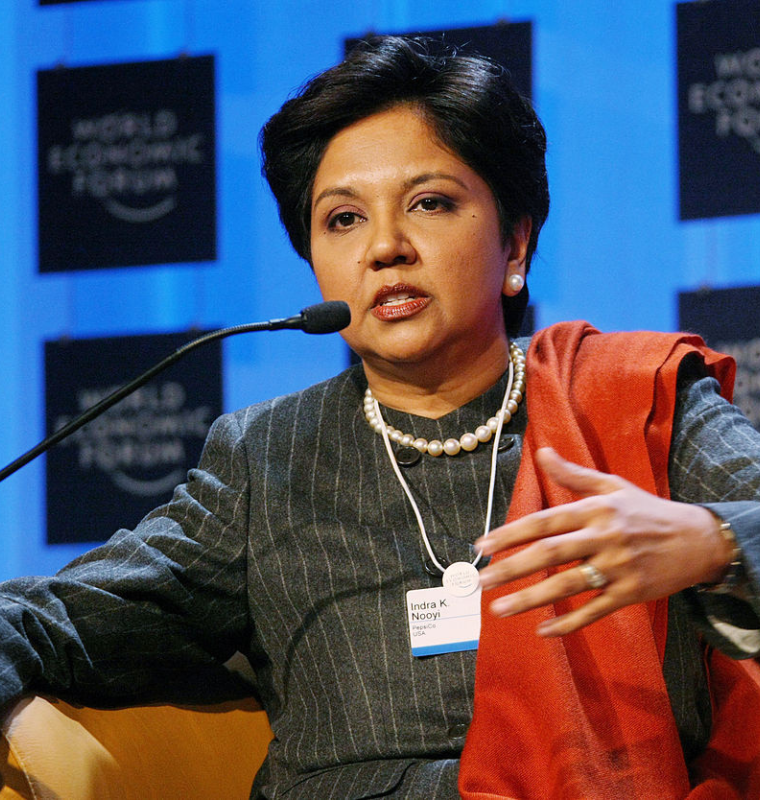Europeans Say Their Countries Are in Crisis — And Britons Are Calling for a Rule-Breaking Leader to Fix It
Europeans Say Their Countries Are in Crisis — And Britons Are Calling for a Rule-Breaking Leader to Fix It
By
Rachel Steinberg
Last updated:
June 6, 2025
First Published:
August 3, 2025

Photo: The Straits Times
Disillusioned Europe: Growing Numbers Say “Society Is Broken”
A major Ipsos global public opinion survey has revealed a stark and rising wave of dissatisfaction among citizens across Europe’s largest economies. The belief that society is fundamentally "broken" has intensified significantly over the past four years — with Germany, France, Italy, and the UK all registering double-digit increases in public discontent.
In Germany, a remarkable 77% of respondents said they believe society is broken — a 16-point increase since 2021. France wasn’t far behind, with 65% of the population expressing similar sentiments. In Italy, 68% agreed with the statement. The UK saw one of the most dramatic shifts: 71% of Britons now say society is broken — a spike of over 12 percentage points in just a few years.
Economic Despair Fuels Populism
At the core of this societal discontent lies a perception of systemic inequality. Across every surveyed European nation, a clear majority of citizens agreed with the statement that “the economy is rigged to benefit the rich and powerful.” Notably, 72% of British respondents believed their economic system is unfair — the highest among all G7 countries and across the entire survey sample, which included 31 nations.
This widespread belief in economic injustice is feeding into the continued rise of populist and anti-establishment movements. Clifford Young, President of Ipsos U.S., emphasized the global scale of this trend: “The predisposition towards populism and anti-establishment sentiment is not only high, but it’s also stable — and has been for years.”
The Rise of Rule-Breakers: Britain Leads the Shift
The UK, in particular, is showing a sharp tilt toward authoritarian populism. More than half of British respondents (around 54%) said they would support “a strong leader who is willing to break the rules” to fix societal issues — nearly double the figure in Germany (24%) and significantly higher than in the U.S. (38%).
Experts say this reveals deep frustration with the political status quo. Lizzie Galbraith, Senior Political Economist at Aberdeen, notes: “The sharp drop in living standards in the UK has made people more open to dramatic political solutions. They’re not necessarily endorsing populism, but they feel mainstream parties have failed them.”
Political Shifts Across the Continent
Recent electoral results reflect this changing mood:
- In Germany, the far-right Alternative für Deutschland (AfD) doubled its national vote share since 2021, now commanding over 20% of the electorate.
- In Poland, a Trump-endorsed candidate recently secured the presidency in a tight run-off.
- In Romania, pro-European reformist Nicusor Dan narrowly beat a far-right contender after losing the first round.
- In France, tensions are escalating ahead of the 2027 presidential election. President Emmanuel Macron faces ongoing gridlock in the National Assembly and rising dissatisfaction. Marine Le Pen’s National Rally continues to mobilize public anger, despite Le Pen being barred from running due to a controversial conviction for embezzlement — a ruling she denies.
The Financial Squeeze: Populism vs. Reality
Populist promises are often grand, but economists warn that implementing them may prove challenging. “These parties might talk about expanding welfare and cutting taxes,” says Galbraith, “but many governments are facing extremely limited fiscal space.”
Germany, for instance, is now engaged in what analyst Carsten Nickel of Teneo calls “a massive live experiment” — pouring €500 billion into public investments for defense and infrastructure in hopes of diffusing far-right support.
Meanwhile, in the UK, the right-wing Reform UK party, led by Nigel Farage, has proposed expanding welfare and reducing taxes. However, the Labour government faces strong fiscal headwinds and may be forced into reactive policymaking, unable to commit to long-term structural changes.
Nickel adds: “Labour has little room to maneuver. Their economic strategy is tied closely to short-term interest rate shifts and public borrowing limits — not exactly fertile ground for bold reform.”
Strategic Rebranding of Populist Messaging
According to Dr. Daphne Halikiopoulou, a political scientist at the University of York, far-right parties are now cleverly repositioning themselves. “They’re increasingly talking economics, not just culture wars,” she says. “They appeal to what I call peripheral voters — those who don’t fully buy into far-right ideology but are protesting against mainstream parties they feel have failed them.”
This rebranding has allowed populist movements to grow their base — and even gain institutional credibility. However, as history shows, many of these movements end up moderating when they enter government, constrained by budget deficits and economic realities.
A Tipping Point for European Democracy?
Europe appears to be approaching a critical crossroads. The Ipsos survey lays bare a public that is not just dissatisfied — but ready to embrace radical change. From Germany’s AfD to Britain’s rule-breaking dreams, traditional political systems are facing unprecedented pressure from within.
What remains to be seen is whether these populist waves will bring renewal or instability. Either way, leaders across Europe are running out of time to address the economic grievances that have driven so many to feel that society — as they know it — is broken.
Popular articles
Subscribe to unlock premium content
Indra Nooyi’s Strategic Vision at PepsiCo: Balancing Profitability with Purpose

Nike’s Direct-to-Consumer Revolution: How Cutting Retailers Boosted Profits and Control

Spotifys Playlist Power Turning Music Curation Into An Advertising Goldmine

Indra Nooyi’s Strategic Vision at PepsiCo: Balancing Profitability with Purpose

Nike’s Direct-to-Consumer Revolution: How Cutting Retailers Boosted Profits and Control

Indra Nooyi’s Strategic Vision at PepsiCo: Balancing Profitability with Purpose









